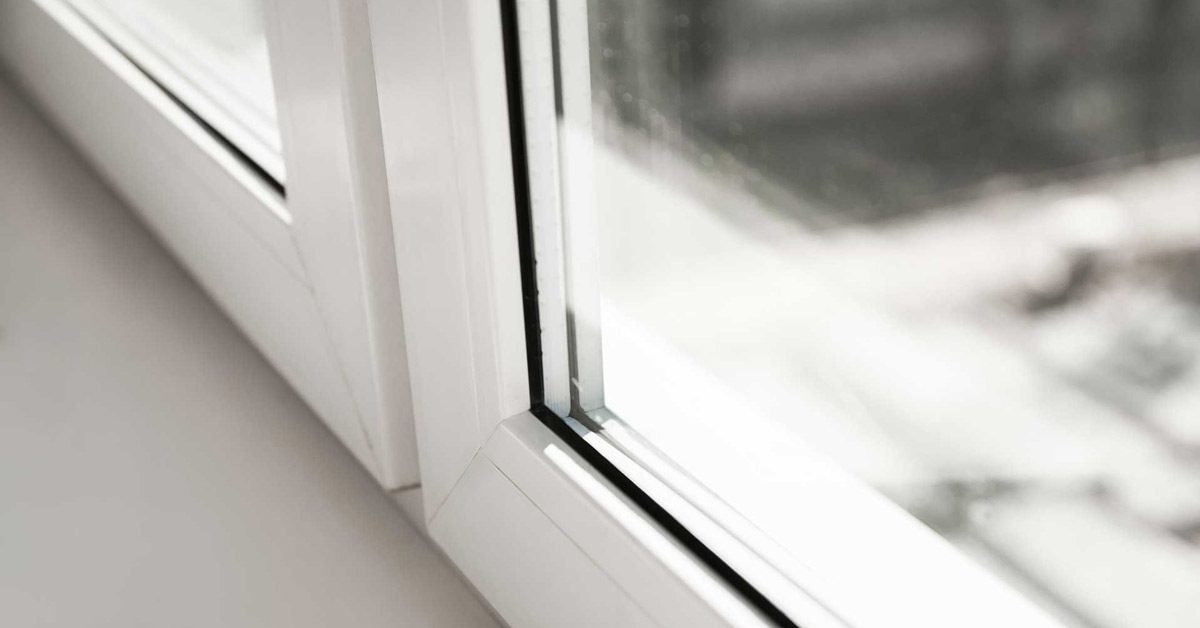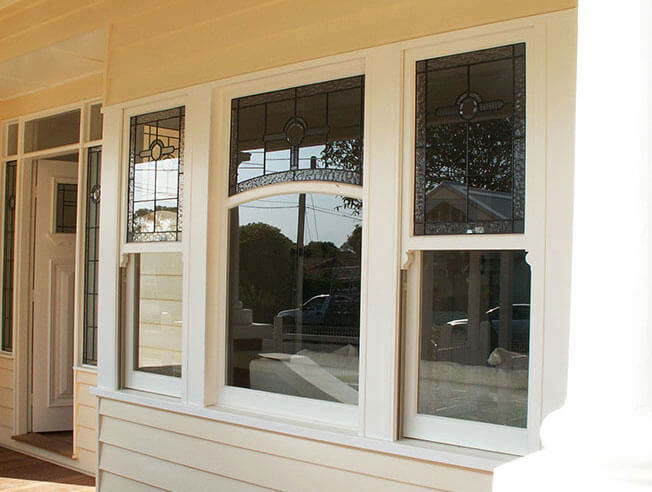All Categories
Featured
Table of Contents
What Are The Best Double Glazed Windows In Australia? in Forrestdale WA
Laminated glass is typically utilized in areas in the house most prone to injury from human impact such as bathrooms, doors, around staircases and in areas near to the floor (it meets the requirements of 'safety glass' that is mandated for usage in these areas by Australian Basic AS 1288 Glass in buildings).
Toughened glass has actually been 'tempered' by being reheated and quickly cooled again. This process makes it much more powerful than standard glass it can resist greater impact loads prior to breaking. It likewise makes it much safer because, when it does shatter, it burglarizes many little cubic pieces instead of dangerous shards.
Faq in Leederville WA
Toughened glass has no thermal or acoustic benefits over other glass of the exact same toning or density. Secondary glazing is where single-glazed windows are retrofitted with a transparent acrylic or glass sheet connected to the within the frame or openable sash with a secondary frame or with magnetic strips.


Secondary glazing will not perform too thermally as a manufactured IGU, considering that it is difficult to absolutely seal the boundary, but it can provide great noise control. Window films are a thin polymer film containing an absorbing dye or reflective metal layer, with an adhesive backing. They stick to your glazing to change its colour or make it reflective.
Insulated Glass Unit – Igu in Ocean Reef Western Australia
Applied to existing glass, some window films can halve the overall SHGC of the window by soaking up and/or showing solar radiation. This can be especially beneficial in hotter climates where cooling is the primary issue, or on east and west elevations directly exposed to extended periods of sunlight. Window films may likewise decrease visible light transmittance.

For this reason, it is typically best to use a certified installer of window film. Frames have a significant impact on the thermal performance of windows and doors, since energy can be gained and lost through the frame, as well as through the glass. Various types of frame will enable different levels of heat gain and loss, so mindful option of frame is essential for effective passive design.
Brisbane's Best Double Glazed Windows in Waikiki WA
Aluminium is likewise a really great conductor of heat and will decrease the insulating value of a glazing system, unless particularly engineered to minimize this. A 'thermally broken' frame is made up of 2 aluminium areas connected by a structural insulator (normally a low-conductivity structural polymer). This 'breaks' the thermal connection through the aluminium and minimizes the heat flowing through the frame.
Lumber frames are a good natural insulator that can suit some house designs. Wood frames must be made from species that have naturally high toughness or be dealt with to avoid decay and contortion.
Single, Double Or Secondary Glazing, Which Is The Best ... in Mindarie WA
However, this can result in gaps that allow air seepage unless great draught sealing (weather removing) is installed. u, PVC is a type of plastic (unplasticised polyvinyl chloride, likewise called stiff PVC). u, PVC frames offer excellent thermal efficiency, typically much better than lumber or thermally damaged aluminium. u, PVC is long enduring and needs really little upkeep, and can be moulded into intricate profiles that provide outstanding air seals.
u, PVC windows and doors have excellent thermal efficiency Picture: Ben Wrigley (Light House Architecture and Science) Composite frames use aluminium profiles on the external sections with either a wood or u, PVC inner area. These integrate the low maintenance and durability of aluminium with much enhanced thermal performance.
Table of Contents
Latest Posts
How Double Glazing Can Help Keep Your Home Cool In ... in WA
Why You Need Secondary Glazing In The Summer in Cooloongu WA
Double Glazing Vs Triple Glazing: Which Is Better? in Quinns Rocks Perth
More
Latest Posts
How Double Glazing Can Help Keep Your Home Cool In ... in WA
Why You Need Secondary Glazing In The Summer in Cooloongu WA
Double Glazing Vs Triple Glazing: Which Is Better? in Quinns Rocks Perth